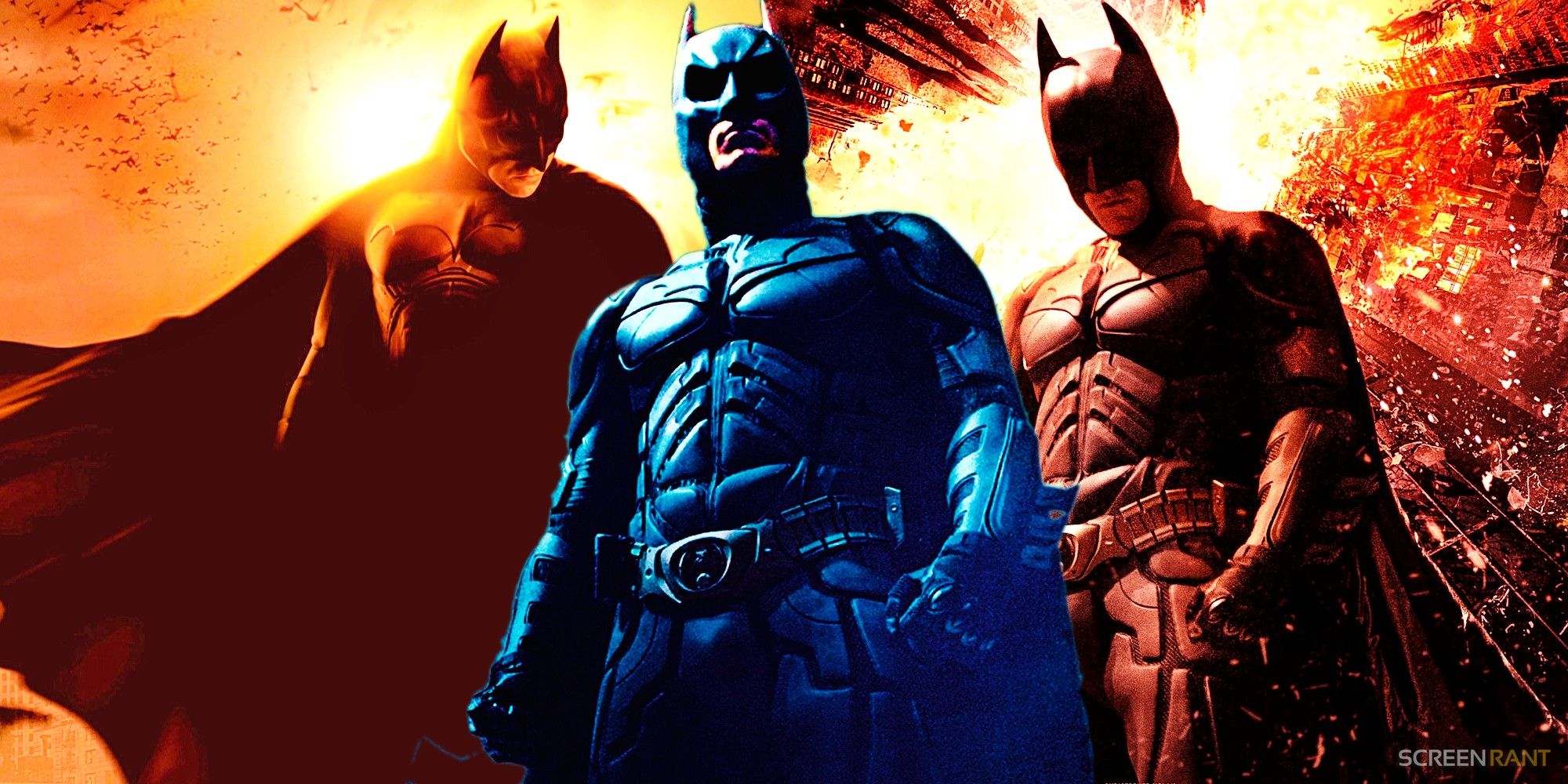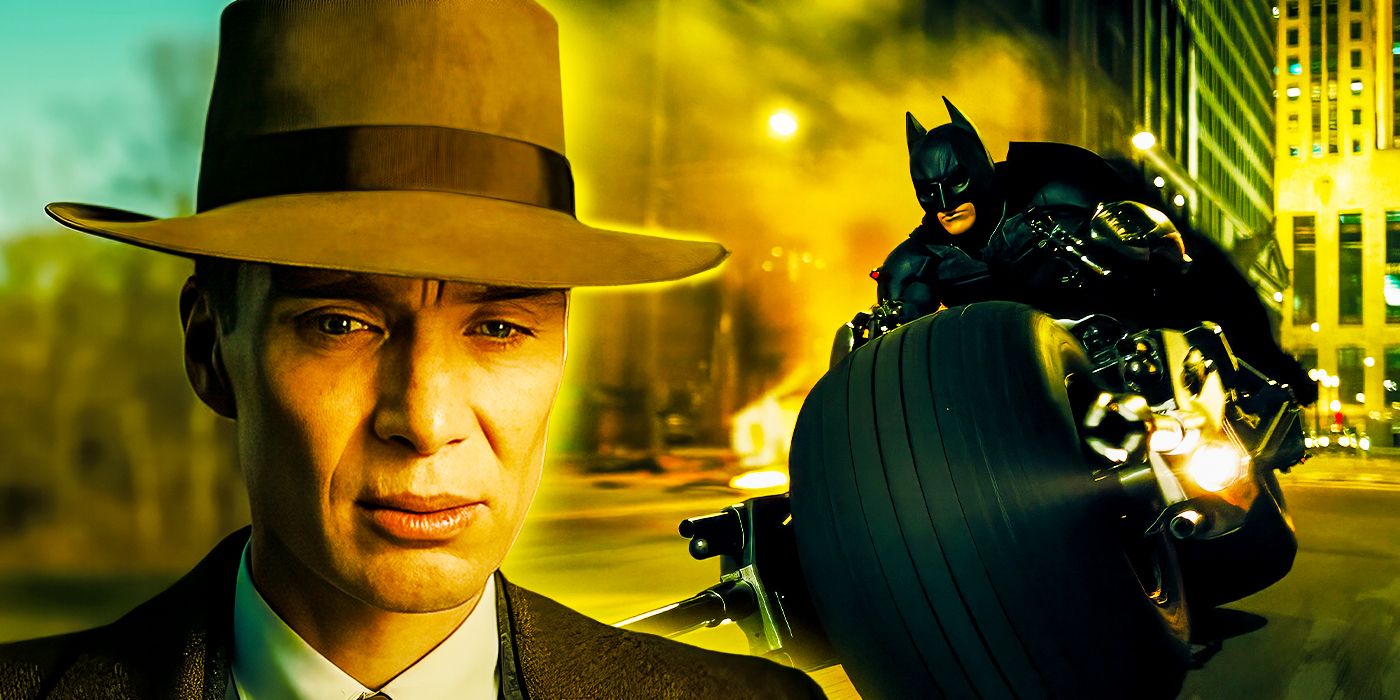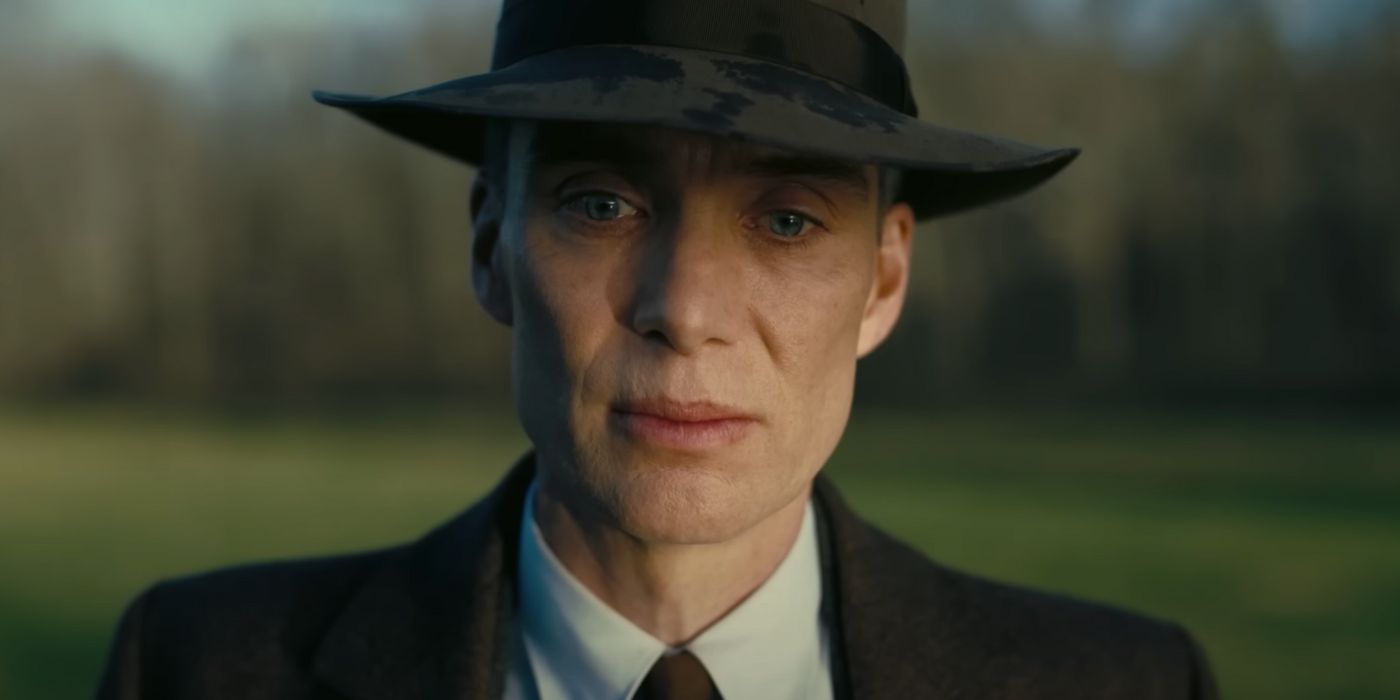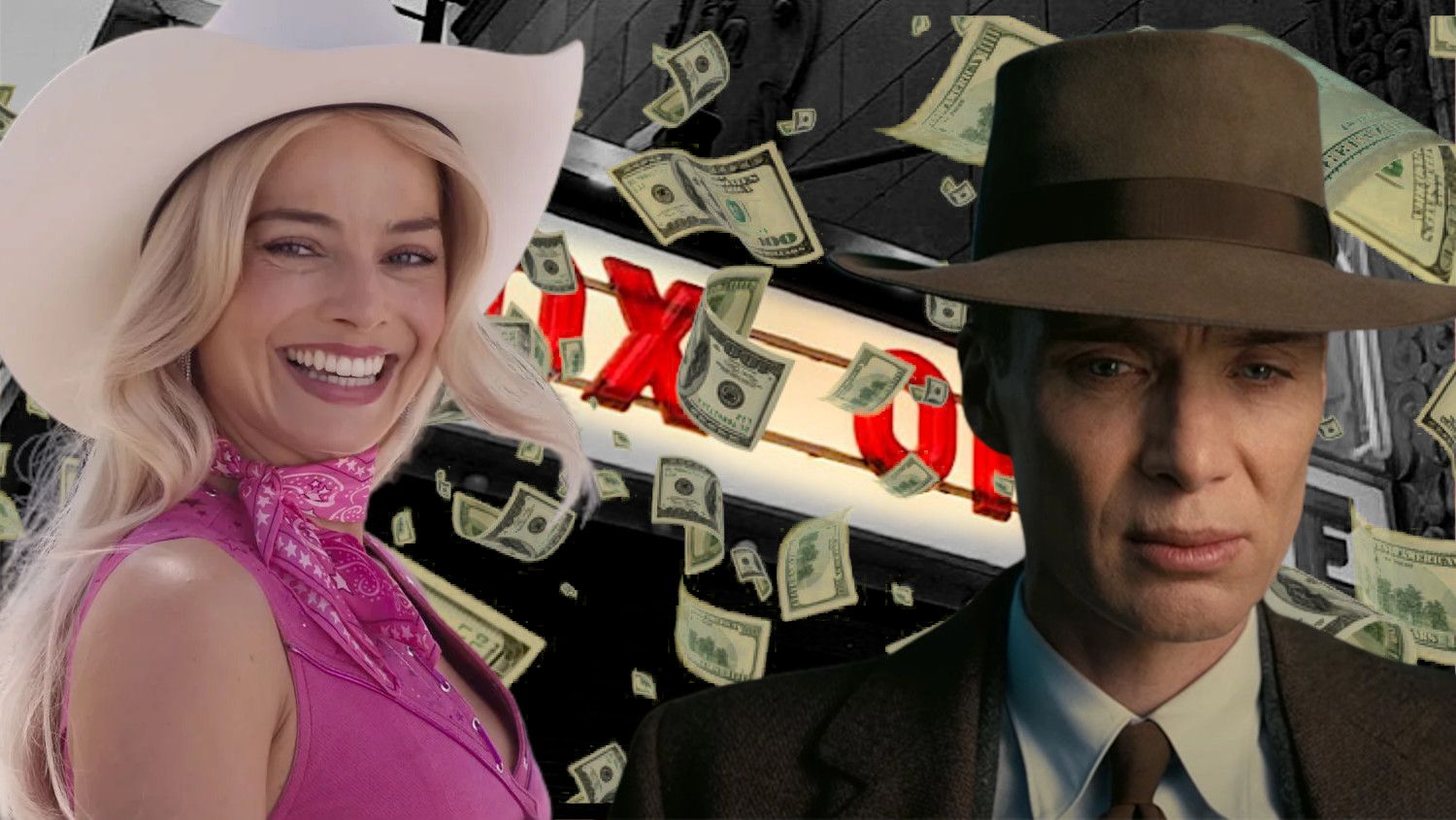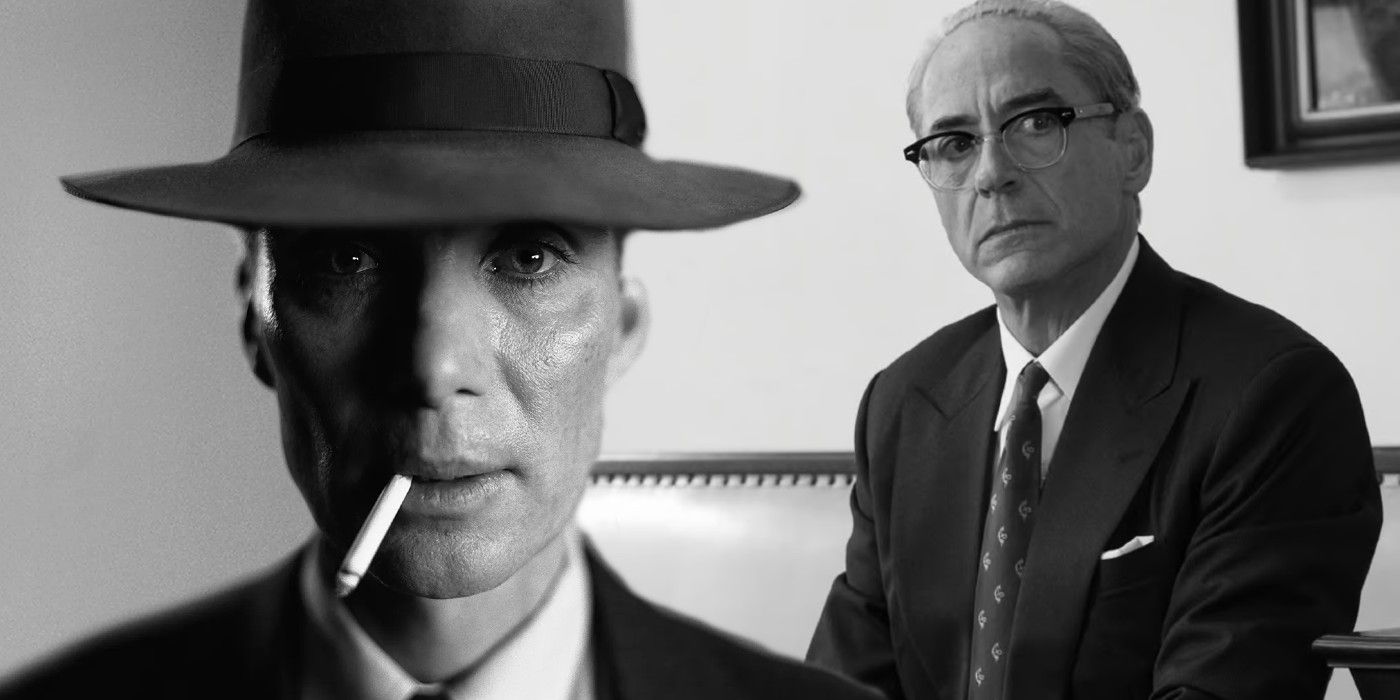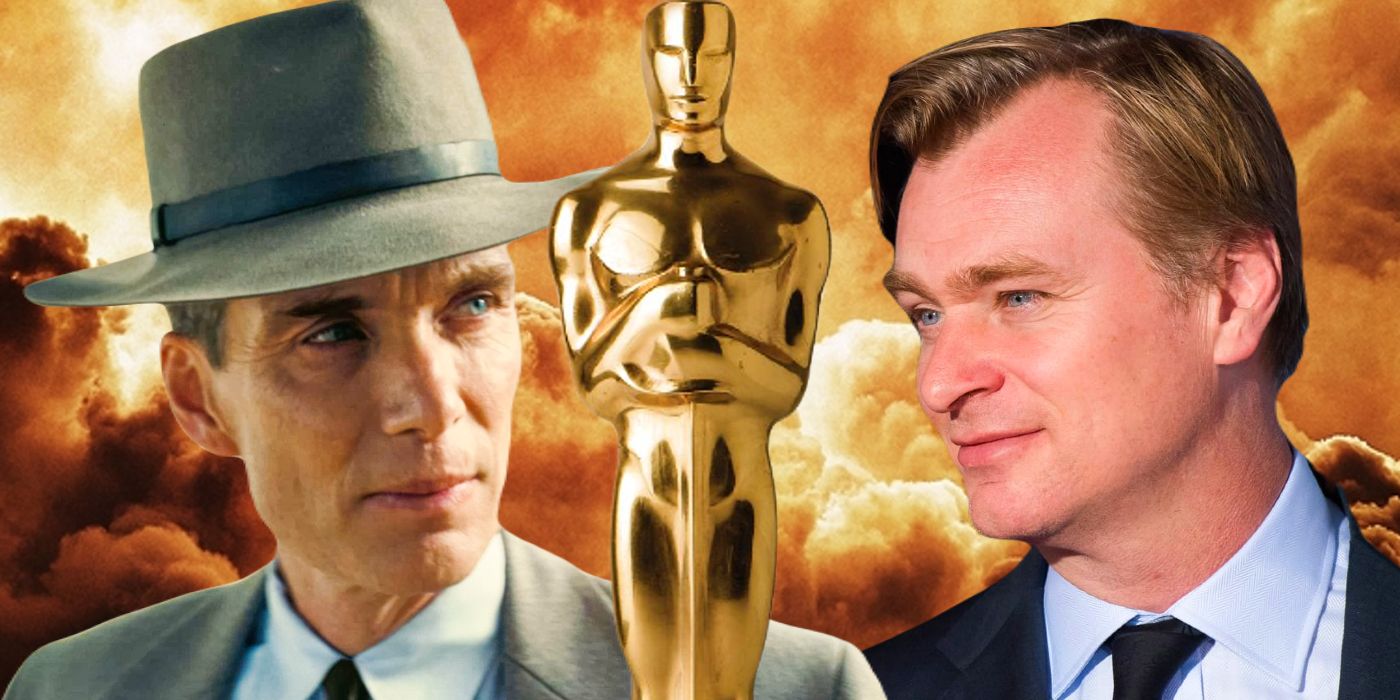
The Unmatched Success of The Dark Knight Rises

Exploring the box office success of The Dark Knight Rises and its comparison to Christopher Nolan's other films, particularly Oppenheimer.
The Box Office Triumph
When The Dark Knight Rises came out 12 years ago, it reached box office heights unmatched by any of Christopher Nolan's highest performing movies before or since. The highest grossing DC Batman film ever, the final installment in the trilogy raked in just over $1 billion — only the second Nolan movie to reach and surpass this amount after its predecessor The Dark Knight. The film delivered a satisfying conclusion to Christian Bale's Batman story, following The Dark Knight, Nolan's second highest grossing but superior film.
Christian Bale in The Dark Knight Trilogy
Nolan's unique directorial style and penchant for telling complex stories has resulted in many blockbusters over the years. The latest of these, Oppenheimer, grossed $942 million, and saw the most success for a non-Batman Nolan installment. Despite the film's brilliance, the hype by which it was surrounded, and box office numbers that are staggering in their own right, Oppenheimer simply could not compete with the success of The Dark Knight Rises.
Blended image of Oppenheimer and Batman in The Dark Knight
The Final Movie in Nolan's Biggest (And ONLY) Franchise
Unlike any of Nolan's other films, which are standalone in nature, The Dark Knight Rises benefits from its place as a sequel in a franchise — the final installment, at that. Preceding this closing chapter, The Dark Knight set the gold standard for Batman adaptations, and built unimaginable anticipation for fans. The film followed two extremely well-received installments and promised to complete the arc of a hero the audience had already gotten to know and love.
Cillian Murphy as J. Robert Oppenheimer in Oppenheimer's final moments.
If the hype from The Dark Knight Rises' preceding films wasn't enough, Nolan's trilogy was advantaged by being not just any franchise, but a Batman project. Batman needs no introduction in any format and generates interest solely from that fact. No single Nolan film outside this trilogy has a comparable advantage to this, making it all the more remarkable how close Oppenheimer came.
Barbenheimer Box Office
The Battle Against a Beloved Franchise
The place Oppenheimer carved for itself in film and pop culture is undeniable. The film's impressive box office numbers were boosted by good reviews, word of mouth, and the (pop) cultural moment that was 'Barbenheimer.' The latter contributed as the award-winning biography released on the same day as Greta Gerwig's Barbie; the contrasting themes and their resultant color schemes, juxtaposing the darkness of Oppenheimer against the pink and glitz of Barbie, sent movie-goers to both films in droves out of pure hype.
Oppenheimer Strauss Feud Explained
Nonetheless, the movie, like Nolan's other ventures, simply could not stand up against a beloved franchise, especially one as enduring as Batman. Despite lacking an audience built from several installments coming back for more, as was the case with The Dark Knight Rises, Oppenheimer performed admirably. Ultimately, Nolan's foray into the Batman franchise was entirely unique, and its box office numbers reflect that.
Cillian Murphy as Oppenheimer next to Oscar award and Christopher Nolan
